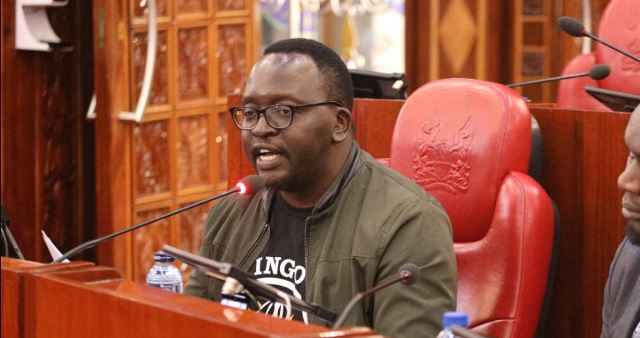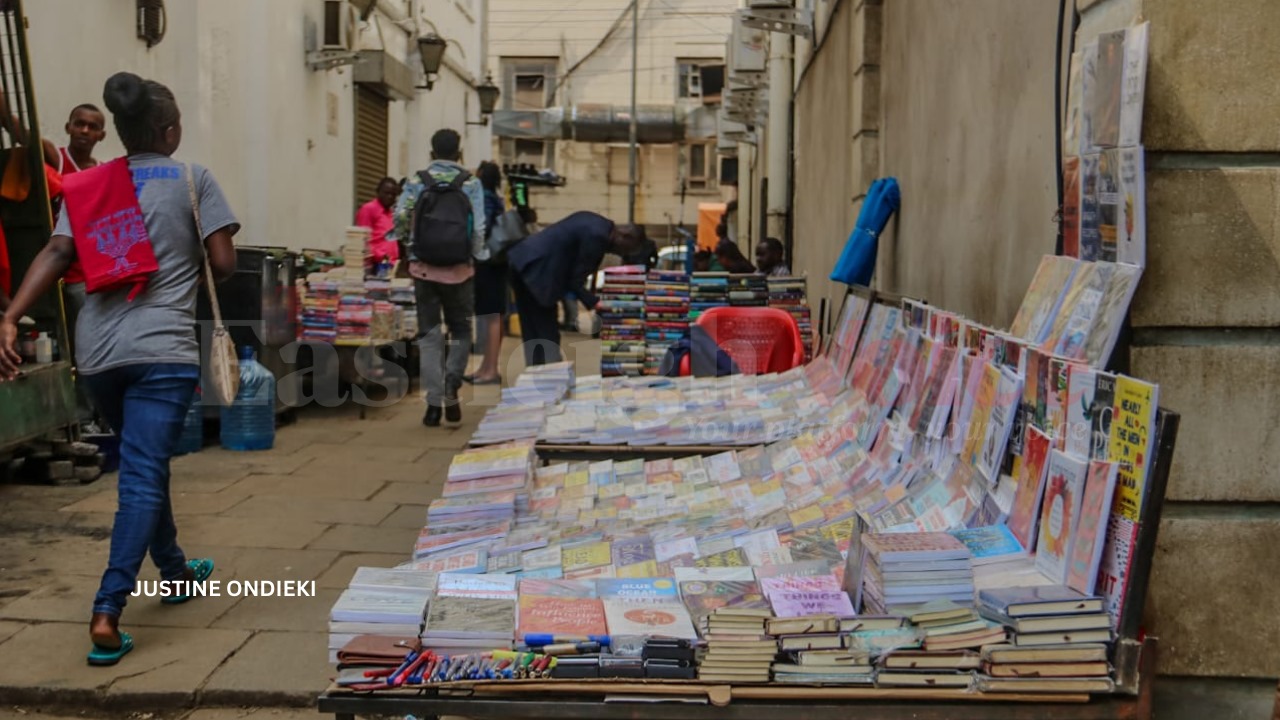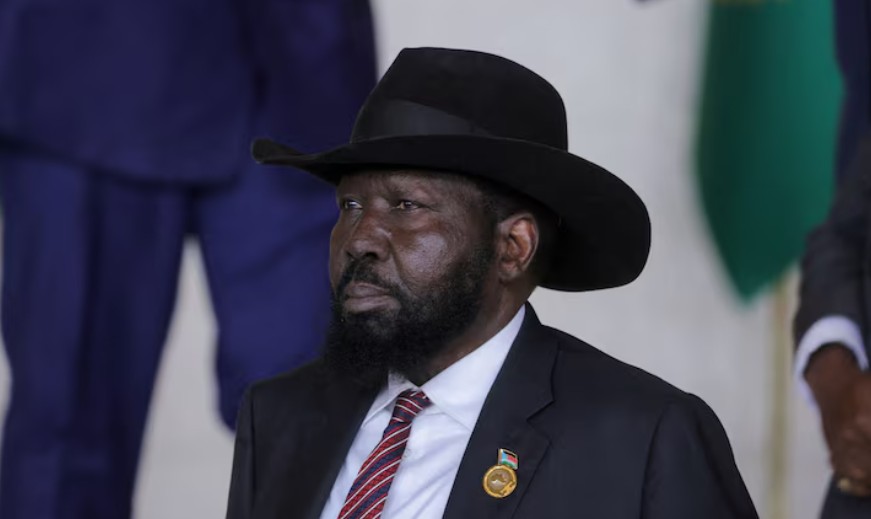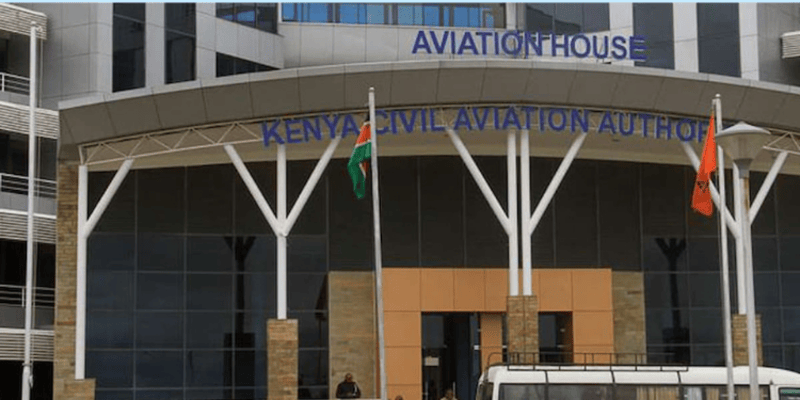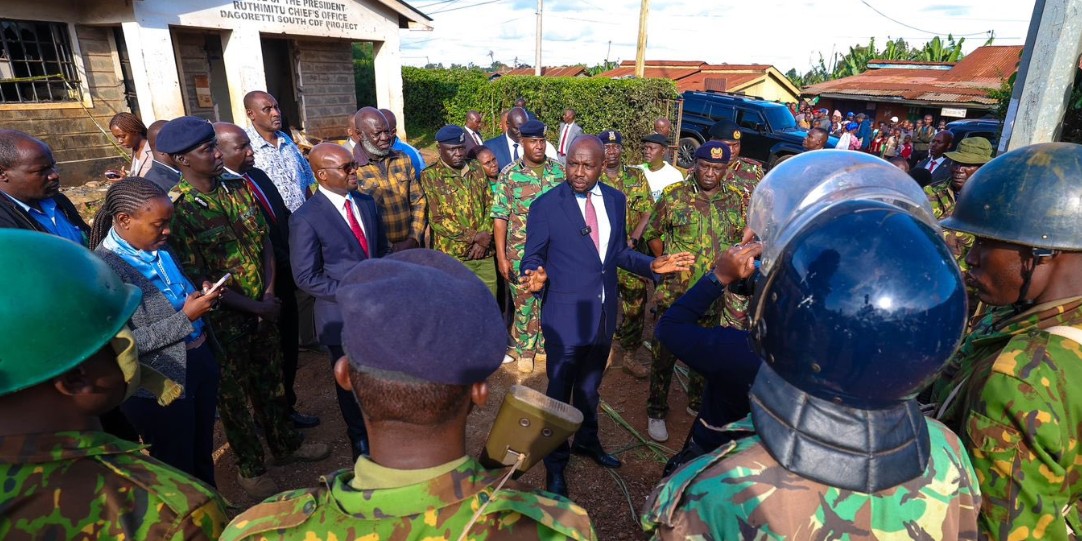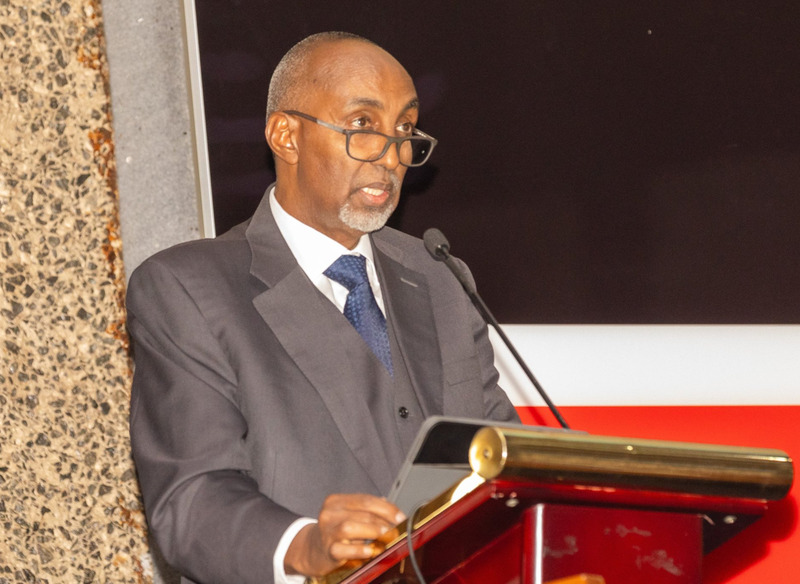Counties receive Sh3.68 billion road levy funds for repairs, upgrades
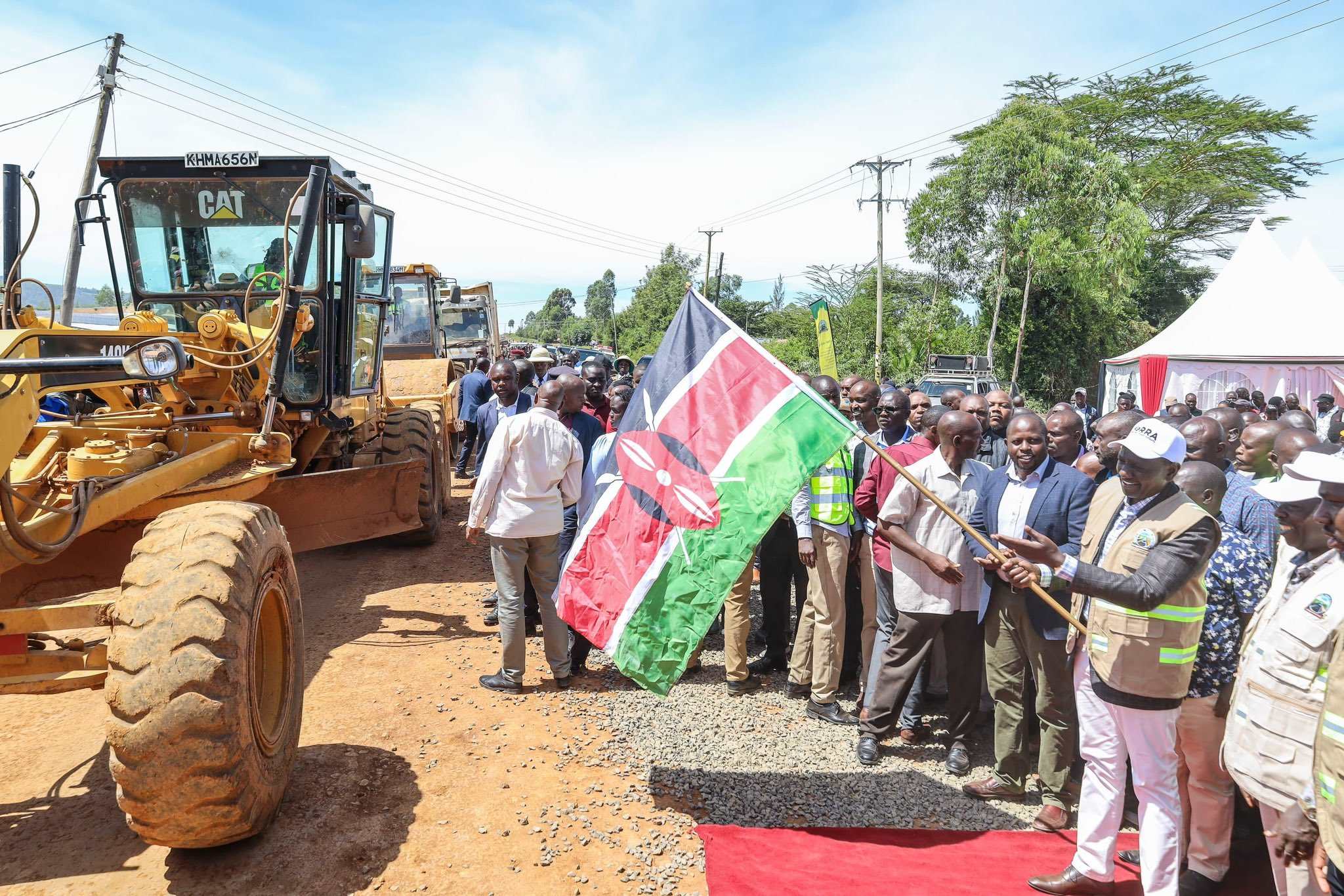
The levy, collected at Sh18 per litre of petrol and diesel, is specifically earmarked to fund routine road maintenance across the country.
Nakuru, Kitui, Makueni and Nairobi have received the largest share of the Road Maintenance Levy Fund (RMLF) as the government disburses Sh3.68 billion to all 47 counties for road repairs and infrastructure upgrades.
The levy, collected at Sh18 per litre of petrol and diesel, is specifically earmarked to fund routine road maintenance across the country.
More To Read
- MPs reject proposal to divert road maintenance funds for administrative use
- Counties poised for share of road maintenance levy under new Bill
- Kebs on the spot as MPs order withdrawal of disputed levy regulations
- KURA defends Sh175 billion roadworks deal as contractors waive 35 per cent interest on pending bills
- Cabinet approves 40 per cent top-up for road contractors, gives nod to KPC privatisation
- Court freezes Sh10.5 billion Roads Maintenance Levy Fund leaving counties in limbo
In a notice on Tuesday, the Kenya Roads Board (KRB) said the Sh3,682,774,150 disbursed represents 35 per cent of the total Sh10.52 billion earmarked for counties in the 2024/2025 financial year.
“In the FY 2024/2025, the Board released Road Maintenance Levy Fund (RMLF) amounting to Sh3,682,774,150 for maintenance of county roads,” reads the notice.
The funds were released following a court ruling that declared the previous exclusion of some counties from the fund unconstitutional. KRB said the allocations are aimed at improving road safety, connectivity and infrastructure standards.
“The Board urges counties to prioritise efficiency, transparency and accountability in utilising the funds for optimal impact,” it said.
Nakuru County received the highest allocation at Sh183.4 million, followed by Kitui at Sh152.4 million, Makueni at Sh146.9 million and Nairobi at Sh120.06 million.
Kiambu received Sh118.95 million, Kajiado Sh106.35 million, Meru Sh102.84 million, Nyeri Sh100.35 million and Narok Sh97.35 million. Other significant allocations included Turkana (Sh88.14 million), Wajir (Sh90.53 million), Kilifi (Sh85.82 million), Uasin Gishu (Sh86.29 million), Marsabit (Sh83.51 million), Kakamega (Sh81.32 million) and Laikipia (Sh80.81 million).
Counties that received moderate allocations included Taita Taveta (Sh78.39 million), Nyandarua (Sh78.02 million), Kwale (Sh71.76 million), Baringo (Sh71.31 million), Kirinyaga (Sh67.26 million), Mandera (Sh66.01 million), Isiolo (Sh64.26 million), Bungoma (Sh63.91 million), Garissa (Sh63.86 million) and Nandi (Sh65.15 million).
Samburu received Sh60.86 million, Trans-Nzoia Sh52.85 million, Tharaka Nithi Sh55.94 million, Embu Sh73.71 million and West Pokot Sh57.83 million.
Siaya was allocated Sh57.32 million, Kisumu Sh68.30 million, Homa Bay Sh61.06 million, Migori Sh56.92 million, Kisii Sh60.71 million, and Elgeyo Marakwet Sh52.76 million.
Mombasa was among counties that received the least at Sh45.60 million, followed by Busia (Sh45.52 million), Nyamira (Sh41.41 million) and Vihiga Sh37.5 million.
KRB directed all county governments to submit detailed work plans to its regional offices in Kisumu, Nyeri, Garissa, Eldoret, Isiolo, Nakuru, Kakamega and Machakos, as well as to the Board’s official email address ([email protected]), by Tuesday, August 12, 2025, to guide implementation and monitoring of the disbursed funds.
Recently, Treasury Cabinet Secretary John Mbadi and his Transport counterpart Davis Chirchir defended the government’s handling of the fund amid public criticism over rising fuel prices.
Mbadi attributed the surge in pump prices to global factors, including the Israel-Iran conflict and rising international oil prices, dismissing claims of domestic mismanagement.
He further clarified that the Sh18 fuel levy remains exclusively reserved for road maintenance projects, while an additional Sh7 per litre levy was securitised to clear pending bills and revive stalled road projects.
“We had a choice to either keep spending on gravel roads that are washed away every rainy season or channel the funds toward reviving key road projects. Contractors had abandoned work because we owed them around Sh130 billion,” Mbadi said.
The National Treasury said it would prioritise maintaining existing infrastructure rather than launching new capital projects to ensure optimal use of the collected fuel levies.
Top Stories Today



